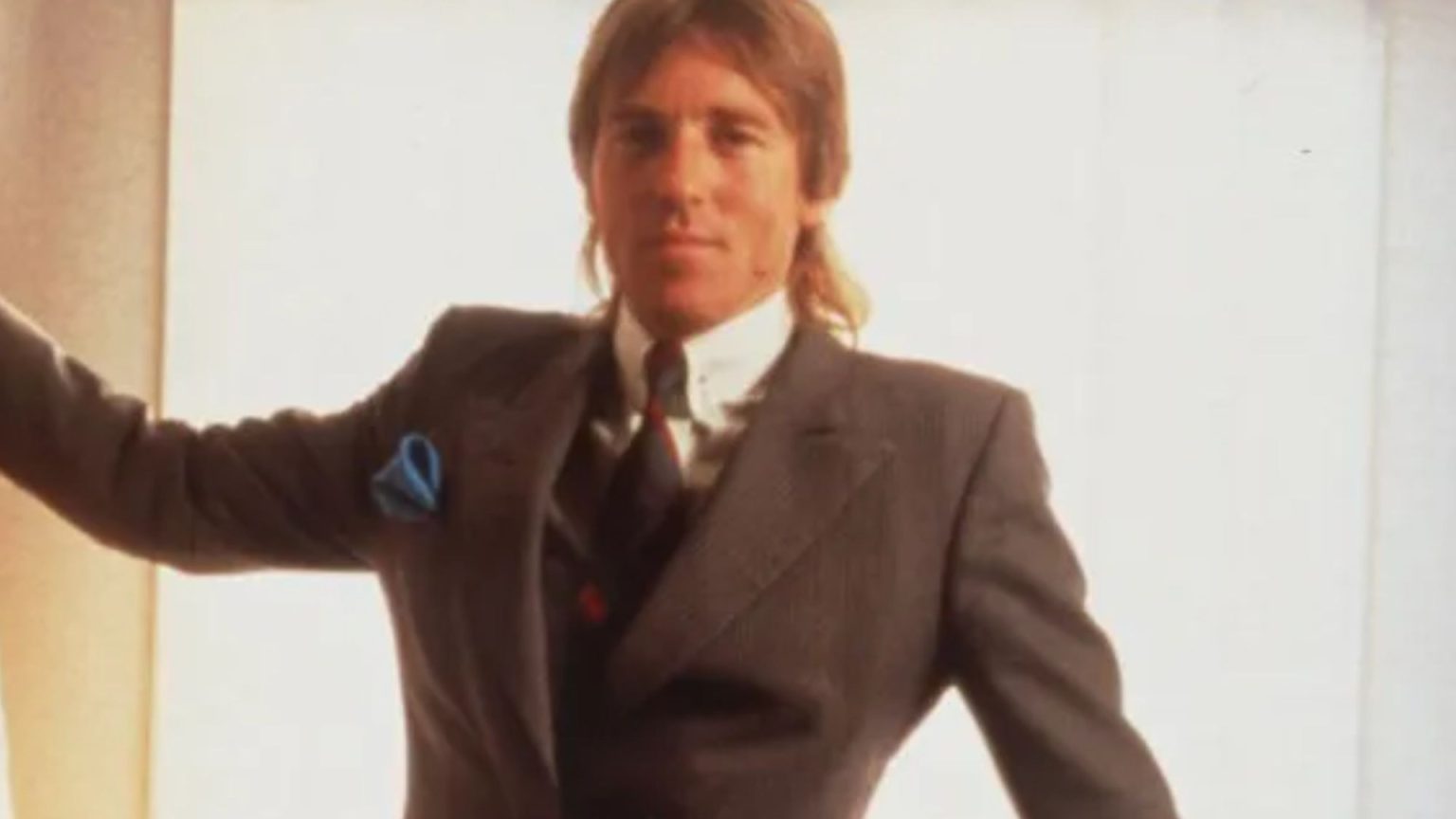Howard Hodgson, a fourth-generation funeral director, is far from the stereotypical image of his profession. With his rock star looks, penchant for fast cars, beautiful women, and champagne, he has lived a life as colorful as any celebrity. His recently published autobiography, “This Life in Death: The Struggle,” chronicles his journey from inherited wealth to near-ruin and back to a substantial fortune, solidifying his place among Britain’s wealthiest individuals. Nicknamed “Mr. Death” and possessing a net worth of nearly £70 million, Hodgson now lives in Monaco as a tax exile, enjoying the fruits of his labor, including an 80-foot yacht christened “King Charles III.” This flamboyant lifestyle, coupled with his undeniable charisma and success, has earned him the moniker “David Beckham of death.”
Hodgson’s entrepreneurial spirit and unconventional approach are evident throughout his life. He inherited a struggling family funeral business, Hodgson & Sons, burdened by debt and mismanagement. Despite facing seemingly insurmountable challenges, including having to purchase coffins in cash due to poor credit, he managed to turn the business around. He focused on providing high-quality funerals regardless of budget and navigated difficult situations, from brawls at wakes to tense standoffs with grieving families. He even recounted instances where he had to use his quick wit and charm to diffuse potentially violent situations, demonstrating an unusual combination of diplomacy and street smarts.
His personal life is as dramatic as his professional one. He candidly admits to a family history of infidelity, tracing it back to his great-grandfather, who strategically placed mistresses in charge of his various funeral home branches. Hodgson himself has fathered six children with different women, including two sons born the same year but to different mothers. His relationships have been tumultuous, marked by both love and loss. The tragic drowning of his three-year-old son, Charles, while on holiday in Thailand, profoundly impacted him. He channeled his grief and anger into songwriting, collaborating with a young organist to produce lyrics reflecting his emotional turmoil. This creative outlet, he claims, saved him from succumbing to despair.
Hodgson’s business acumen transformed Hodgson & Sons into Britain’s largest independent funeral firm. He took the company public, and his shares soared, fueled by his charismatic public persona and media savvy. He embraced his “rock star” image, playing up comparisons to Robert Redford and reveling in the attention. However, this period of immense success was also marked by personal turmoil, including a highly publicized affair that contributed to the end of his first marriage. He eventually sold the company for £7 million, a considerable sum at the time.
Despite his initial windfall, Hodgson’s subsequent business ventures proved less successful. He admits to a period of reckless spending and poor decision-making, a time he refers to as “The Madness” in the second volume of his autobiography. He acknowledges his mistakes, attributing them to a sense of invincibility and lack of focus. However, he eventually regained his footing, co-founding Memoria, a network of crematoriums offering personalized funeral services. This venture proved enormously successful, selling for £200 million in 2020, with Hodgson’s share exceeding £60 million.
Hodgson’s life story is a complex tapestry woven with professional triumphs, personal tragedies, and unconventional choices. He is a man of contradictions, a flamboyant entrepreneur in a traditionally somber profession, a devoted father grappling with personal failings, and a shrewd businessman who has experienced both immense success and near-ruin. His story offers a glimpse into the often-hidden world of the funeral industry, while also revealing the human drama behind the headlines. Despite his wealth and unconventional lifestyle, Hodgson remains grounded in his commitment to providing meaningful farewells to the deceased, a testament to the enduring legacy of his family’s profession. His outspoken criticism of budget cremations, which he views as disrespectful, further underscores his dedication to the dignity of death and the importance of honoring the deceased. While he may embrace the “David Beckham of death” moniker with a smile, his life and work reveal a depth and complexity that extend far beyond the surface of his celebrity-like image.


